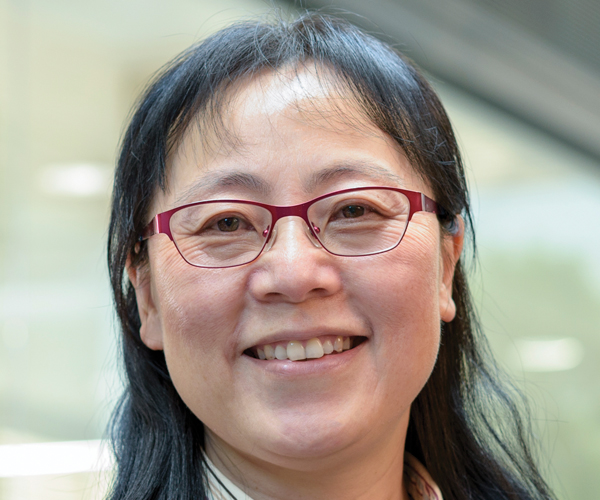
Cancer often stems from a cell’s acquisition of both activating mutations that promote its proliferation and the loss of inhibitory factors that suppress unregulated growth. In some cancers, activating mutations in the RAS signaling pathway can provide the former impetus, while mutations of the p53 tumor suppressor gene frequently provide the latter. Cancers driven by RAS signaling that are also associated with inflammation can, however, bypass the need for p53 pathway dysfunction. How they do this was not entirely clear. To find out, researchers co-led by Ludwig Oxford Director Xin Lu explored carcinogenesis in a well-established mouse model of mutant RAS- and inflammation-driven skin cancer. Their findings, described in Cell Reports in October, reveal that iASPP, which typically promotes tumor growth by inhibiting p53, unexpectedly suppresses cancer initiation in this context. This is because iASPP has a p53-independent role in skin homeostasis, where it regulates the expression of a subset of genes targeted by the p63 and AP1 transcription factors, including several involved in inflammation and cellular differentiation. iASPP coordinates the crosstalk between the JNK signaling pathway and p53/p63 to maintain homeostasis. This may help explain how it can both drive and suppress cancer, depending on its context.
Mutant Ras and inflammation-driven skin tumorigenesis is suppressed via a JNK-iASPP-AP1 axis
Cell Reports, 2022 October 18